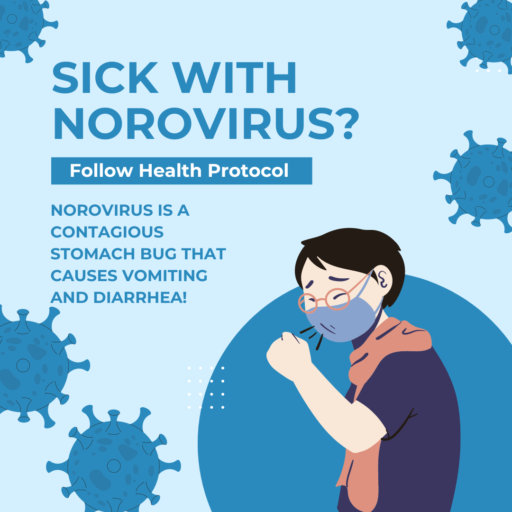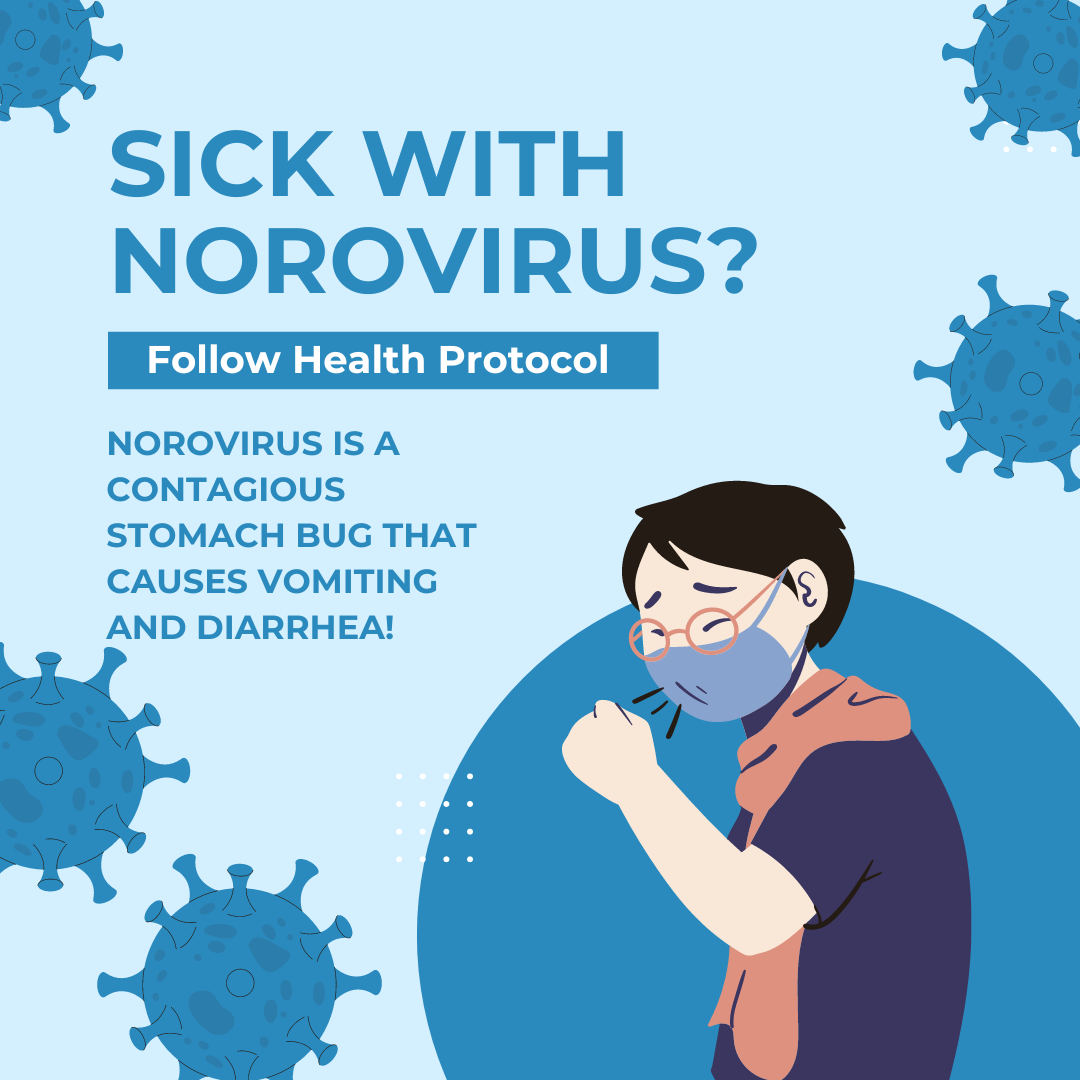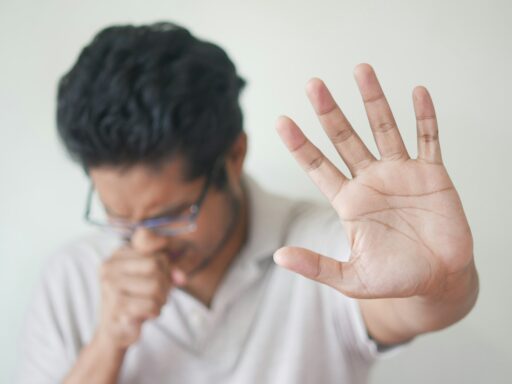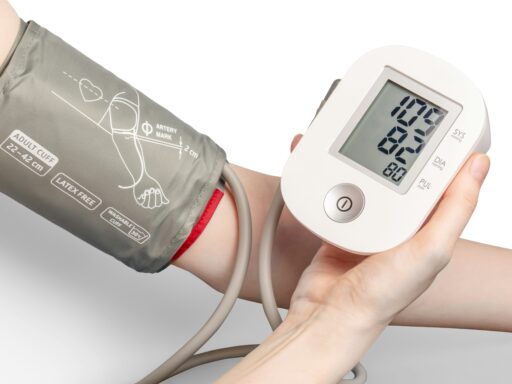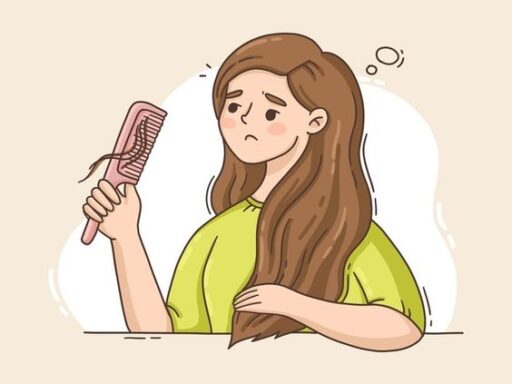A Persistent Public Health Threat:
Norovirus is a common cause of acute gastroenteritis (often known as the stomach flu) and is a very contagious virus. Norovirus Fact Sheet sneaky illness that can easily go through the community, schools, hospitals, or even cruise ships. Comprehending the nature of norovirus, its manner of spreading as well as the prevention measures is a primary measure to alleviate its effect on public health.
Symptoms: A Sudden Onslaught:
Usually, Norovirus Fact Sheet symptoms start to show between 12 to 48 hours after being exposed to the virus and they last for about 24 to 60 hours. The following symptoms can occur:
Vomiting: A typical symptom is often too much and too often.
Diarrhea: Water is present or loose stools.
Nausea: A sense of sickness or queasiness.
Stomach cramps: Abdominal pain and discomfort.
Headache: A mild or strong pain in the head.
Muscle aches: Body Pains and fatigue.
Low-grade fever: In some cases, a mild fever may develop.
The Contagious Nature of Norovirus:
Norovirus is a highly contagious viral infection and is easily transmitted in different ways:
Fecal-Oral Route: This is the most typical way of transmission. The virus can spread by contaminated surfaces, hands, or the use of objects.
Foodborne Transmission: Eating contaminated food, for example, raw or undercooked shellfish, fruits, or vegetables.
Waterborne Transmission: Drinking contaminated water.
Aerosol Transmission: Breathing in closely released virus particles are thrown into the air either by vomiting or coughing.
Prevention: A Shield Against Infection
Although norovirus does not have a specific drug for it yet prevention methods effectively help in reducing the risk of infection:
- Frequent Handwashing: Wash your hands using BOTH soap and water, especially if you have just used the bathroom, changed diapers, and before you eat.
- Disinfect Surfaces: Clean not just the house but also the car and then disinfect so that you will get rid of bacteria which could be in the bathrooms or the kitchens.
- Practice Good Food Hygiene: Cook food to the required degree of doneness, keep food in safe conditions, and wash fruits and vegetables.
- Avoid Close Contact with Sick Individuals: Be careful when you are staying with someone who is sick with norovirus.
- Properly Dispose of Vomit and Stool: Protect yourself clean up the contaminated environment with gloves, and a disinfectant solution using disposable gloves will ultimately help the people who did the sick act.
- Stay Hydrated: Sufficient fluids will help you stay hydrated, for example, during illness time which you like the most to be drank.
The Impact of Norovirus Outbreaks
Norovirus outbreaks come along with considerable public health effects, some of which are:
- School Closures: Teaching and looking after children will be disrupted.
- Hospitalizations: so, vulnerable groups counting among them very young, old, and immunocompromised people.
- Economic Losses: The main industries that would be hard-hit are those that deal with food service especially businesses.
- Strained Healthcare Resources: The health sector will be overburdened by this growing demand.
Conclusion:
- A Persistent Challenge Norovirus Fact Sheet stays a constant health challenge in the public sector, with the outbreaks of such and the high mortality rate of the cases. so, From public to individual, the understanding of the virus’s transmission routes and implementation of effective prevention measures is crucial in reducing the infectiousness and thus also the outbreaks.
Good and frequent hand washing, especially during the outbreak, is very important to protect and avoid bringing it to another person.
Additional Tips for Prevention and Management
Stay Home When Sick: If you have the symptoms of norovirus, remain home to avoid transmitting to other
- Clean and Disinfect: Clean and disinfect surfaces that may have been contaminated by the infected person in a thorough manner.
- Wash Clothing and Linens:
- Be sure the clothes and linens used by the sick person are washed separately from other laundry
- .Consult a Healthcare Provider:
- In the event that symptoms get worse or become persistent, medical professional advice is best sought from a healthcare provider.
Ensure the basic quality. This means, by adhering to these instructions, you will be able to guard yourself and your environment against it.


